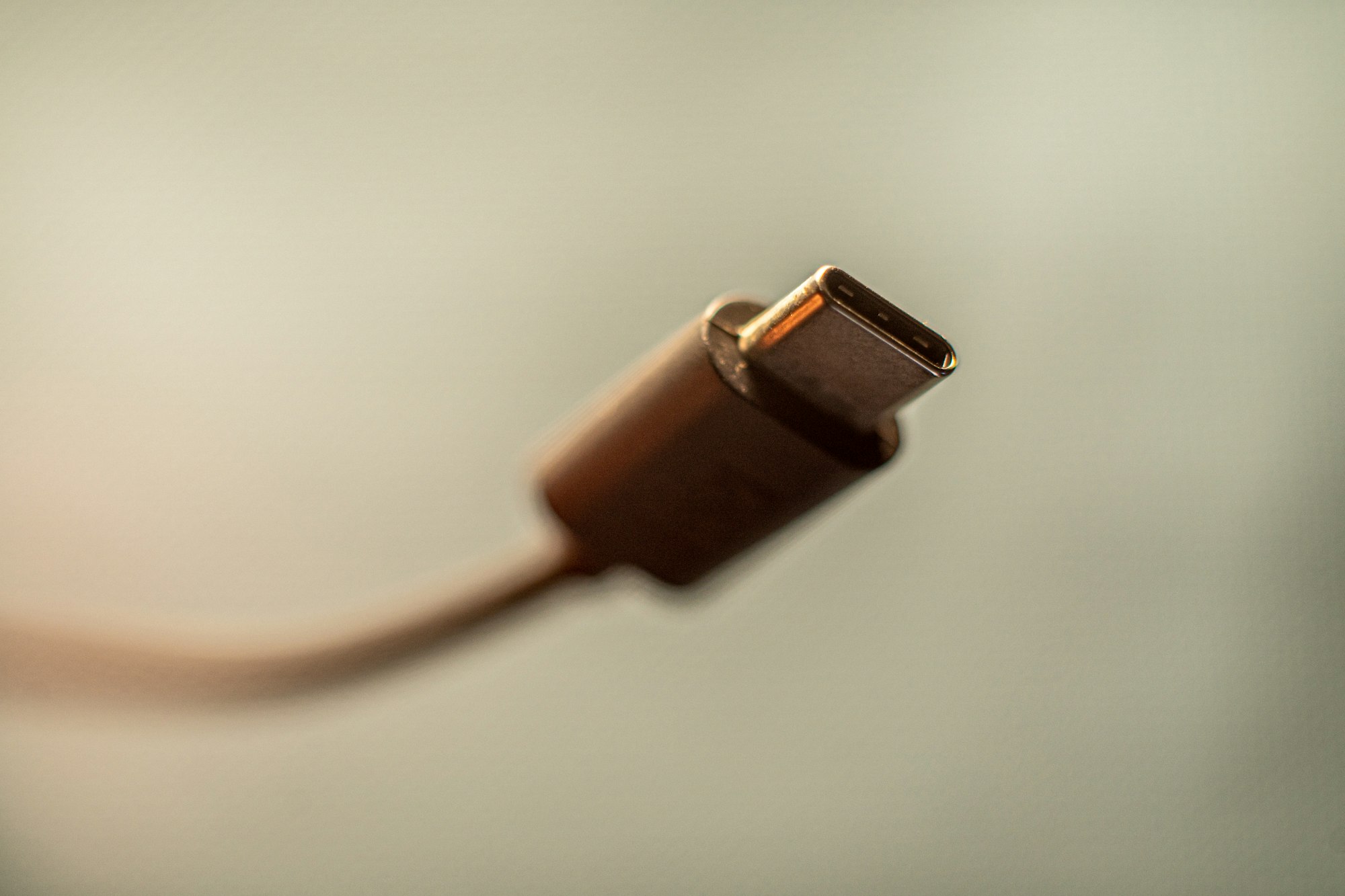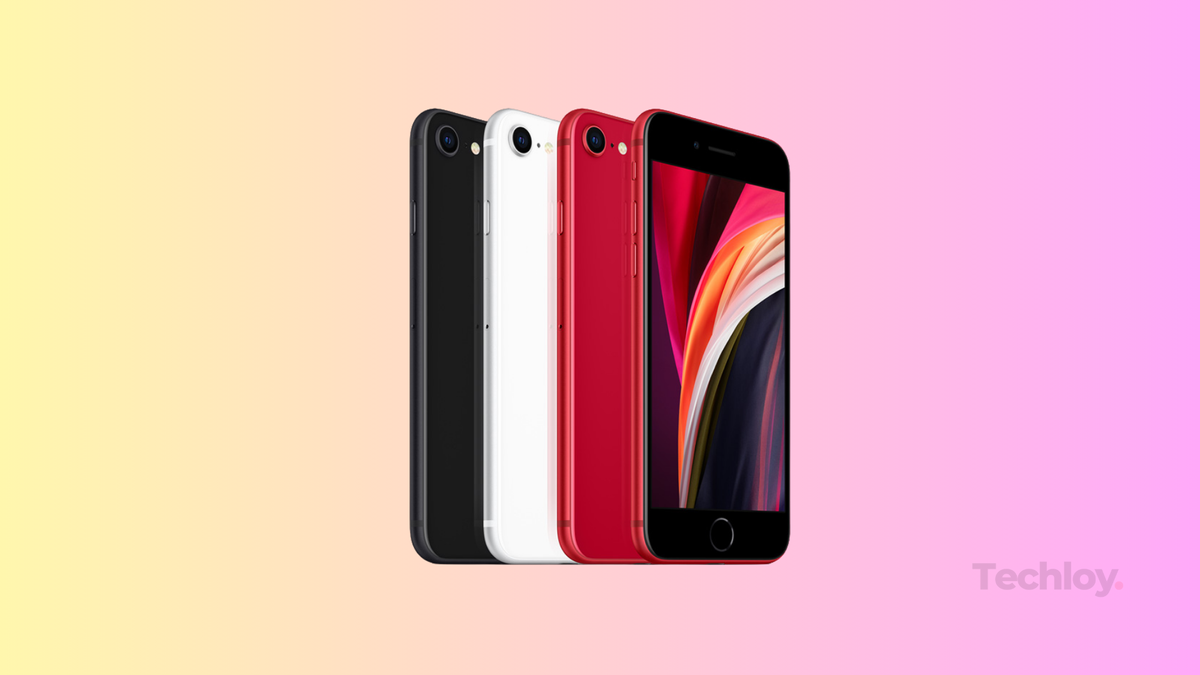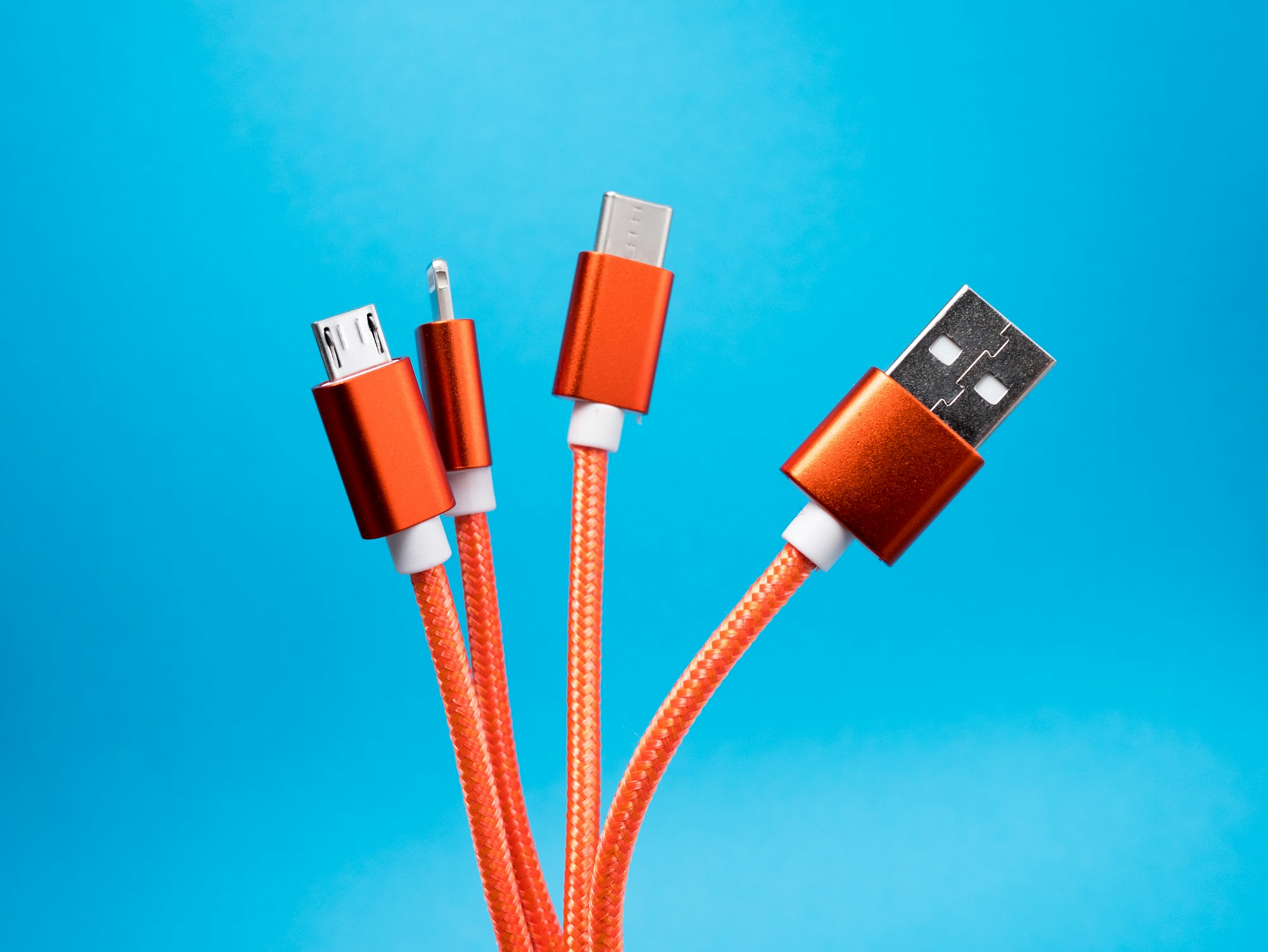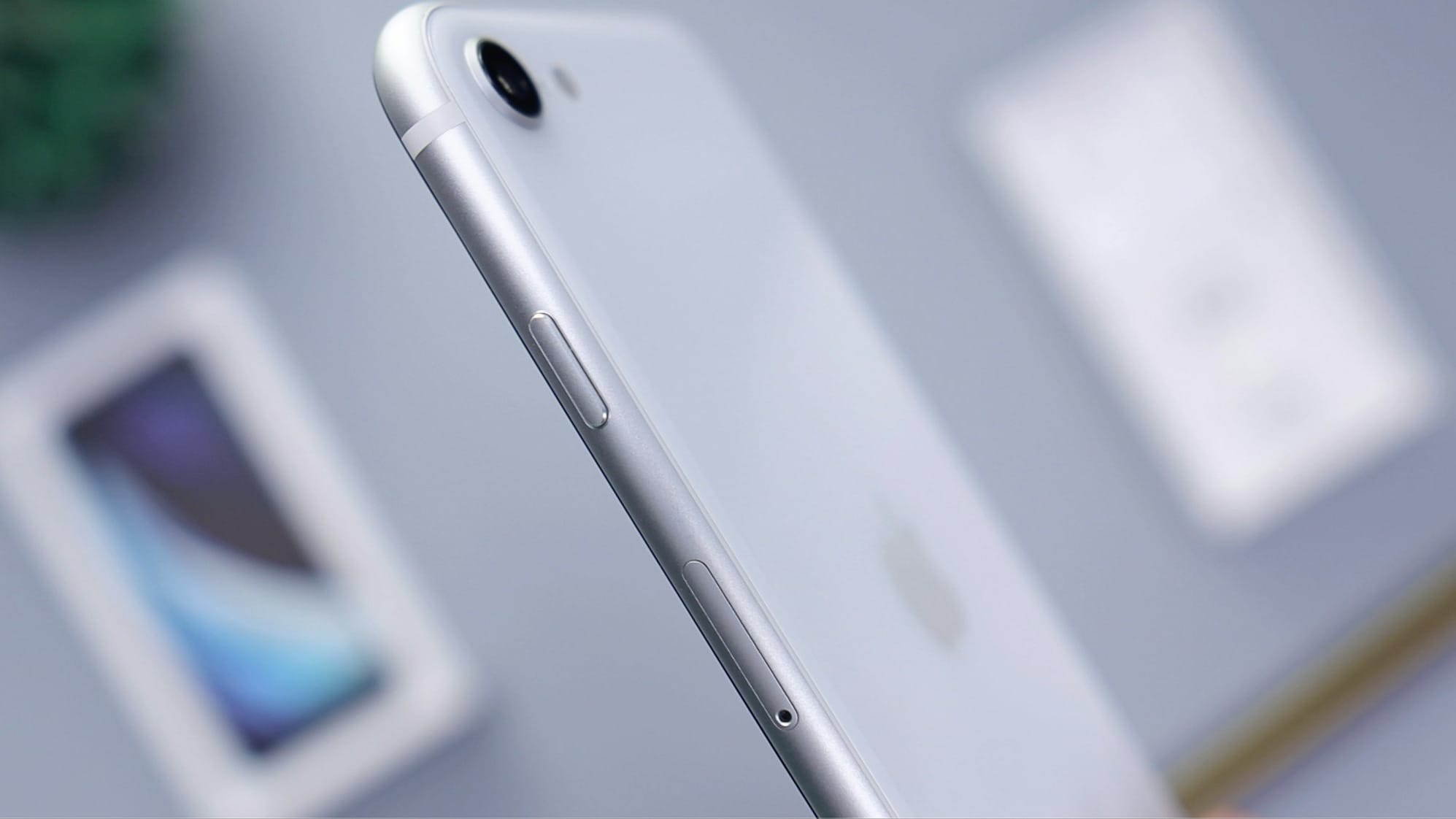Apple to discontinue the sale of the iPhone 14 and iPhone SE in Europe
The next generation iPhone SE is expected to arrive next year with a USB-C port.
In recent years, the European Union has pushed for a more eco-friendly and unified approach to electronics, particularly when it comes to charging cables. One key piece of legislation is the regulation that mandates all smartphones with wired charging to adopt a USB-C port.
Enacted in 2022, the legislation mandated that all mobile phones, tablets and cameras sold in the EU must be equipped with a USB Type-C charging port by the end of 2024. It aims to reduce electronic waste, simplify the user experience, and standardize charging solutions across devices.
While it might seem like a minor change, it had significant implications for companies like Apple.

The Cupertino giant had maintained its proprietary Lightning port for over a decade, but the new legislation forced a shift. Apple had to switch things up in its more recent models, leading to the unveiling of the iPhone 15 series with USB-C ports in 2023, a trend that has continued with the iPhone 16.
However, as the December 2024 deadline approaches, older models like the iPhone 14, iPhone 14 Plus, and third-generation iPhone SE, still equipped with Lightning ports, are set to be discontinued in the EU on December 28, 2024, as they no longer comply with the USB-C mandate.
To avoid violating the new rules, Apple will phase out these devices from its online and retail stores in the EU. In Switzerland, where similar regulations are in place, the phase-out could begin as early as December 20. Once existing stock is sold, these models won’t be restocked. This transition paves the way for the fourth-generation iPhone SE, expected to launch in 2025 with a USB-C port.

Interestingly, some reports suggest that this shift might align with Apple’s broader plans to integrate artificial intelligence into its devices. The iPhone SE could feature the A18 chip, making it compatible with Apple Intelligence—a development that could mark a new direction for the iPhone lineup, though nothing has been confirmed by Apple yet.
Apple is the latest major company to adopt USB-C, following competitors like Samsung, which made the switch across its devices, including the Galaxy S series, long before the EU regulations. Along with iPhones, other Lightning-based products, such as the Magic Keyboard without Touch ID, will also be phased out in the EU.
By transitioning to USB-C, Apple is aligning itself with Europe's goal of universal charging standards. For consumers, this change will simplify their cable needs and bring Apple in line with the global trend toward a single, standardized charger.











